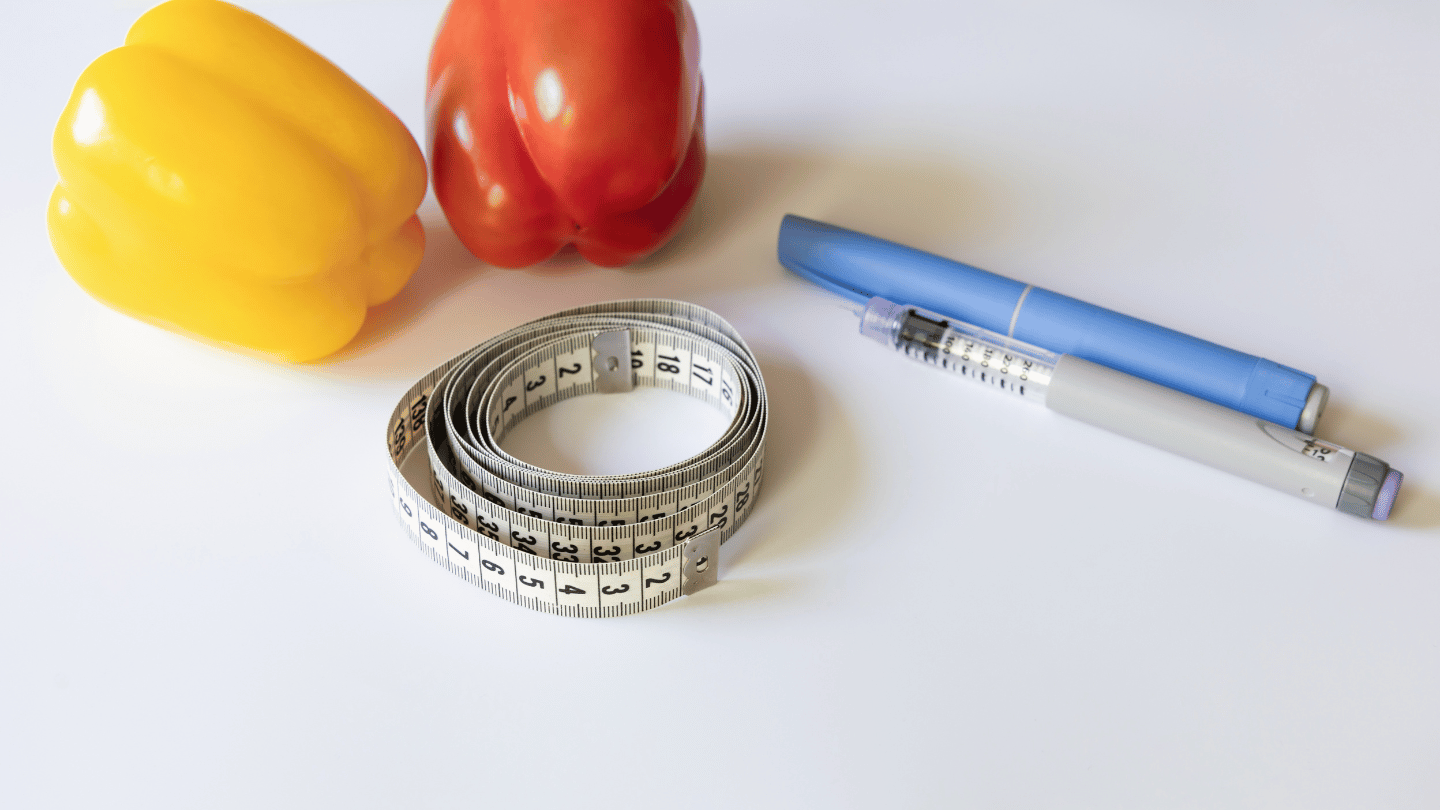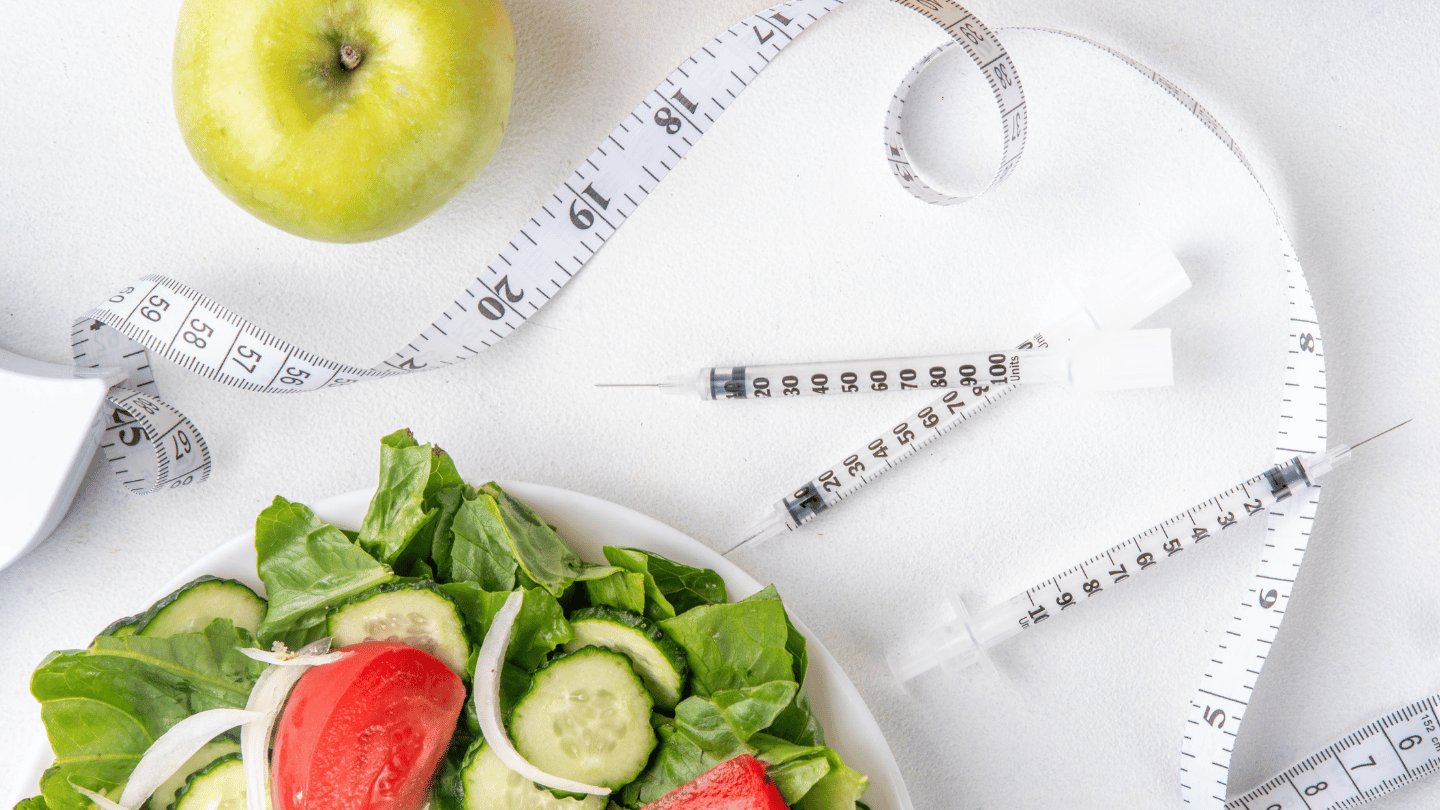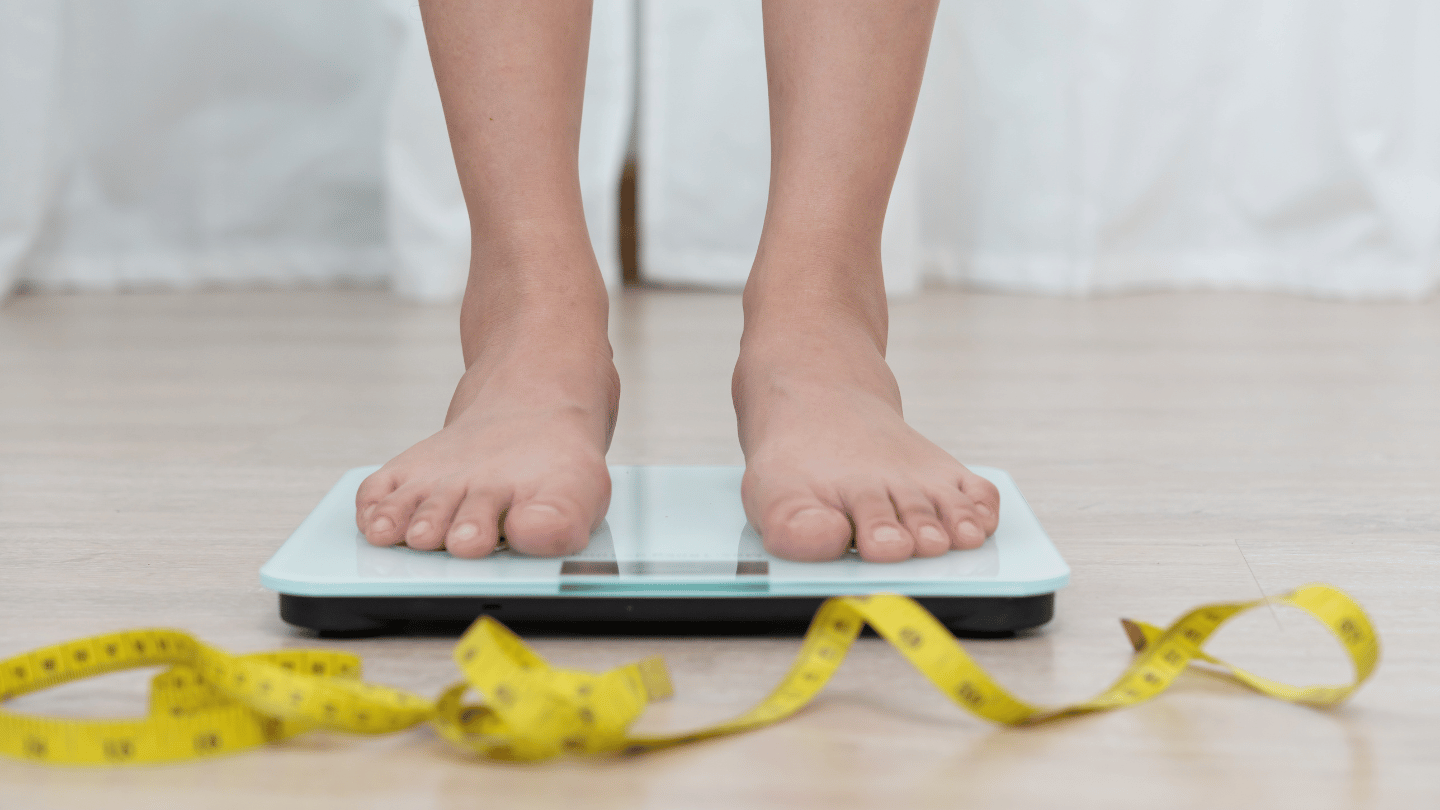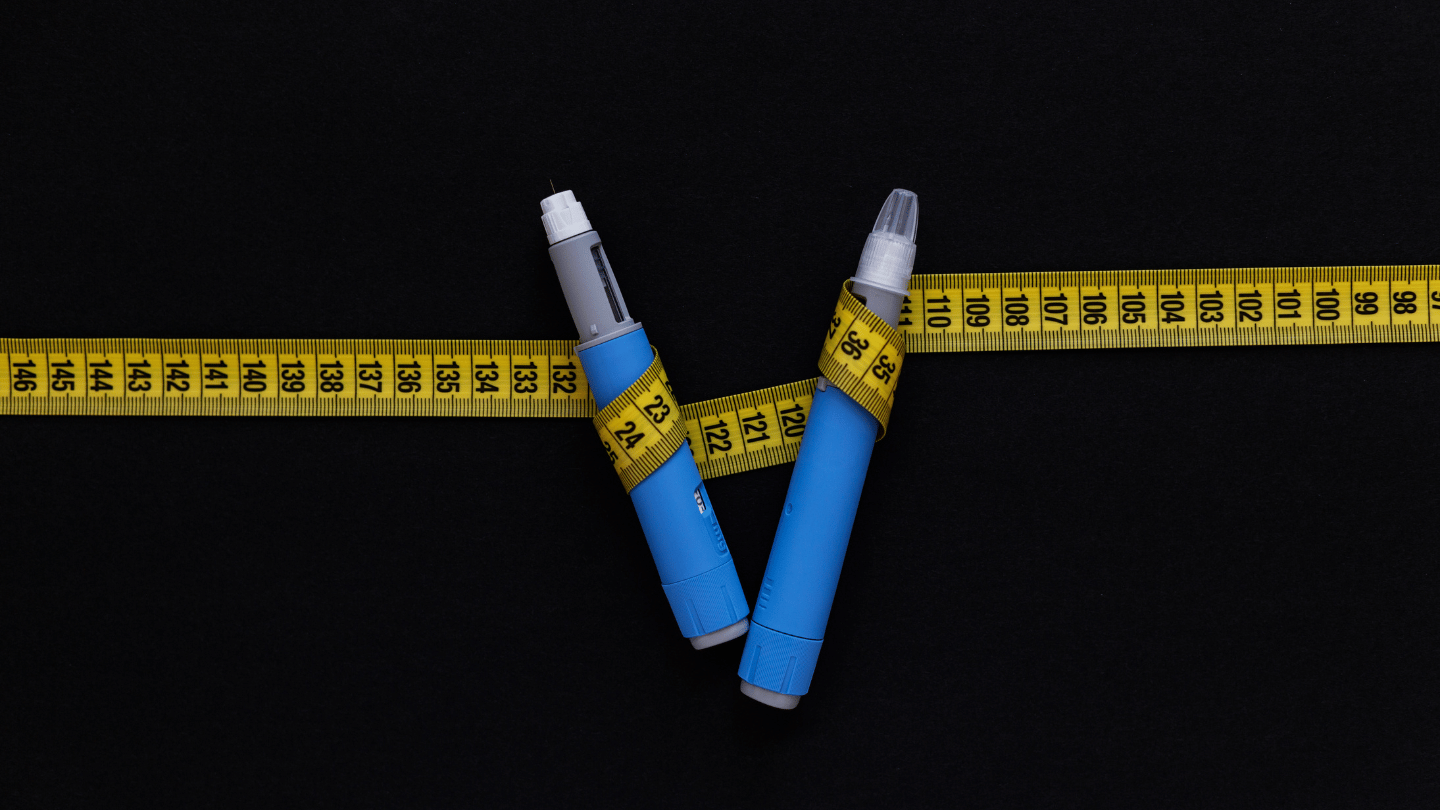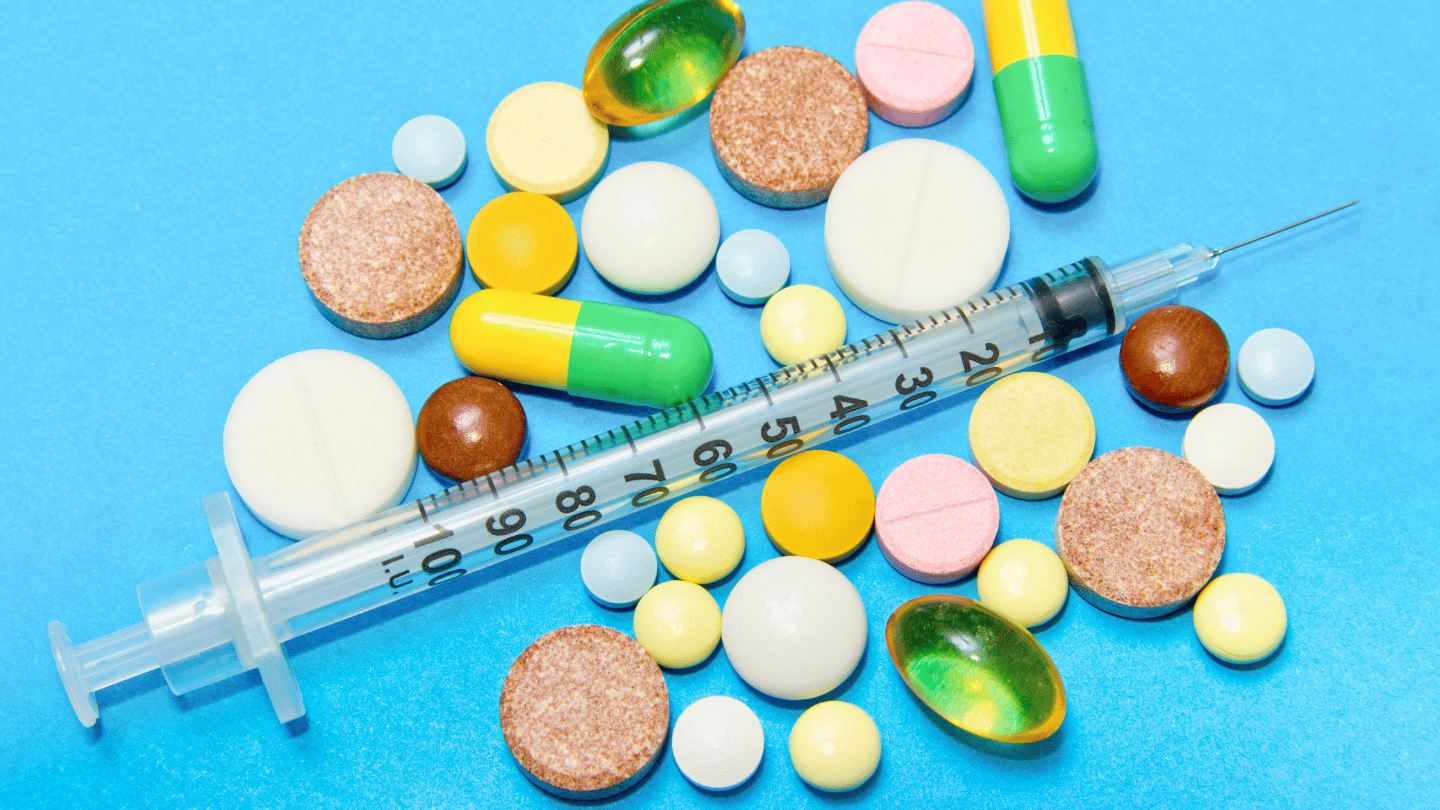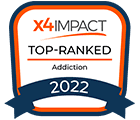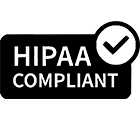Losing weight can feel like an uphill battle, but with the right tools, success is within reach. If you’re using Ozempic to help shed those extra pounds, congratulations on taking a big step toward a healthier you! Ozempic has proven to be a game-changer for many on their weight loss journey, but did you know that the foods you eat can significantly impact how well it works?
Let’s explore the empowering aspect of dietary control and how it can help you maximize your results with your Ozempic prescription.
What Is Ozempic and How Does It Help with Weight Loss?
Ozempic (semaglutide) was originally developed to treat type 2 diabetes. However, it’s also been found to be highly effective for weight loss. It mimics a hormone called GLP-1, which helps regulate your appetite and blood sugar levels. This means you feel fuller longer and eat less overall. No wonder more people are turning to Ozempic for weight loss support!
But like any medication, Ozempic works best when combined with a healthy lifestyle. The right diet can enhance its effects, while the wrong one can hinder your progress.
Why Should You Avoid Certain Foods while Taking Ozempic?
While Ozempic is powerful, it’s not magic. Certain foods can interfere with how well Ozempic works and might even cause unwanted side effects like nausea or digestive discomfort. Avoiding these foods ensures that your body absorbs the medication properly and helps you reach your weight loss goals faster.
Which Foods Should You Avoid on Ozempic?
To get the most out of Ozempic, consider steering clear of the following foods:
1. Sugary Foods and Beverages
- Why: High sugar intake can spike your blood sugar levels, counteracting the benefits of Ozempic.
- Examples: Sodas, candies, pastries, and even some fruit juices.
2. Refined Carbohydrates
- Why: These carbs break down quickly into sugar, leading to increased hunger and potential weight gain.
- Examples: White bread, pasta, and white rice.
3. Fried and Fatty Foods
- Why: These foods can slow down digestion even more, potentially leading to discomfort and reduced effectiveness of Ozempic.
- Examples: Fast food, chips, and fried meats.
4. Alcohol
- Why: Alcohol can lower blood sugar unpredictably, and its empty calories can hinder weight loss.
- Examples: Beer, wine, and sugary cocktails.
How Can I Optimize My Diet on Ozempic?
Now that you know what to avoid, let’s talk about what you should eat to complement your Ozempic regimen:
- Lean Proteins: Chicken, turkey, tofu, and fish.
- Whole Grains: Brown rice, quinoa, and oats.
- Fruits and Vegetables: Berries, leafy greens, and cruciferous veggies.
- Healthy Fats: Avocados, nuts, and olive oil.
These foods will support your weight loss and keep you satisfied and energized throughout the day.
Can I Eat Carbs While Taking Ozempic?
Yes, but it’s best to choose whole grains and complex carbs that provide sustained energy and fewer sugar spikes.
Is It Safe to Drink Coffee on Ozempic?
Yes, but be mindful of what you add to it. Skip the sugary syrups and opt for a splash of almond milk or a sprinkle of cinnamon instead.
Take Control of Your Health with QuickMD
QuickMD offers a hassle-free way to get your Ozempic prescription. A quick video or phone consultation is all it takes, and we’ll send your prescription directly to your door—no insurance needed. Our goal is to make managing your health both convenient and affordable.
Avoid the long waits and high costs associated with traditional doctor visits. With QuickMD, you can access quality healthcare from the comfort of your home. Join the many patients who trust us for their online prescriptions and start your health journey today. Ready to get started? Click here to get your Ozempic prescription and take control of your health with confidence.

